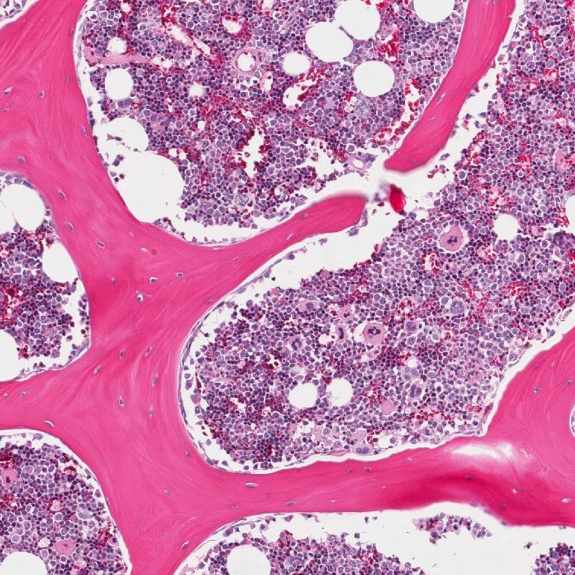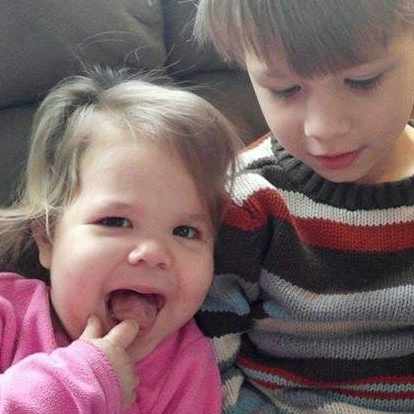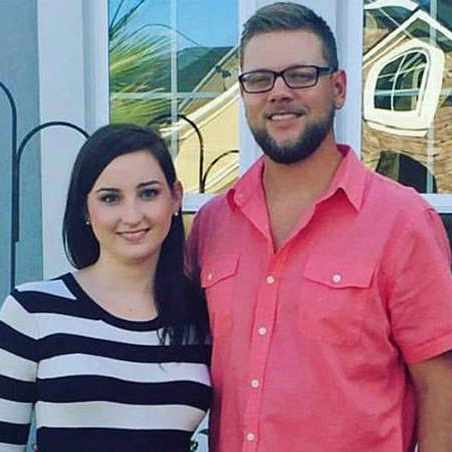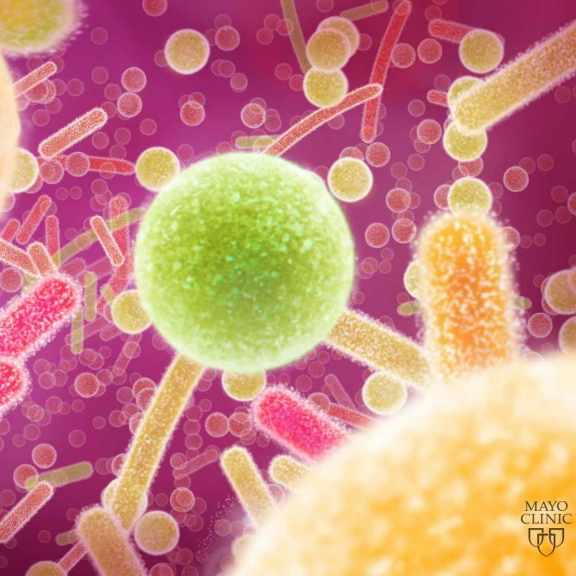Transplant

October 15, 2024
A healthy boy goes from celebrating his 16th birthday to suddenly needing a heart transplant. And it was all caused by a rare reaction to[...]

January 29, 2016
January 29, 2016

January 18, 2016

January 13, 2016

January 10, 2016

December 31, 2015
December 28, 2015
December 4, 2015
November 24, 2015
Explore more topics
 Sign up
Sign up

Mayo Clinic Connect
An online patient support community


